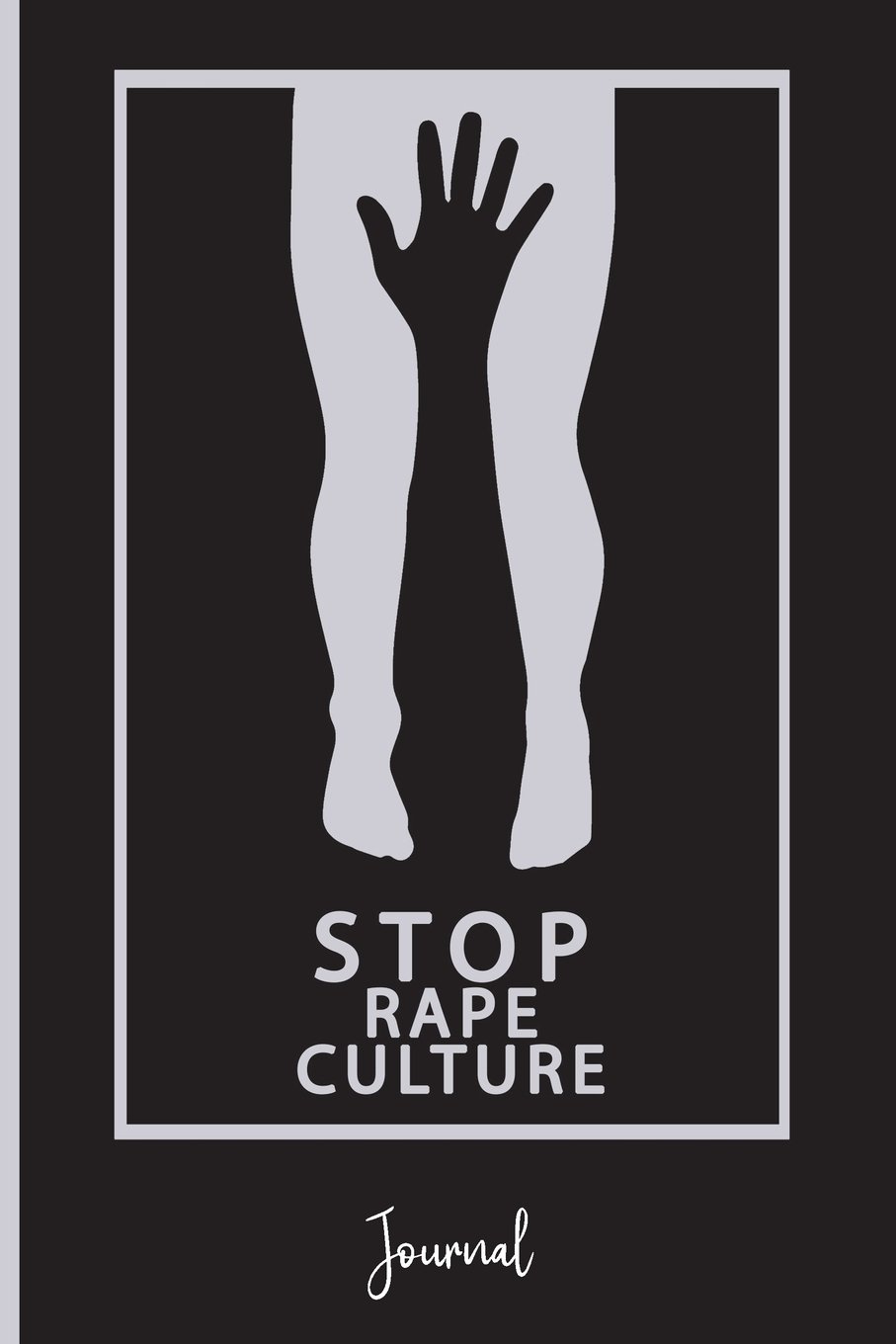Stop Rape Culture

Rape culture is pervasive. It’s embedded in the way we think, speak, and move in the world. While the contexts may differ, rape culture is always rooted in patriarchal beliefs, power, and control.
Rape culture is the social environment that allows sexual violence to be normalized and justified, fueled by the persistent gender inequalities and attitudes about gender and sexuality. Naming it is the first step to dismantling rape culture.
Every day we have the opportunity to examine our behaviours and beliefs for biases that permit rape culture to continue. From the attitudes we have about gender identities to the policies we support in our communities, we can all take action to stand against rape culture.
Rape is unlawful sexual activity typically involving sexual intercourse done forcibly or under threat of injury against a person’s will. Rape is a worldwide problem.
It is estimated that approximately 35% of women worldwide have experienced some form of sexual harassment in their lifetime. In the majority of countries that have data available on rape report that less than 40% of women who experience sexual violence seek help. Less than 10% seek help from law enforcement.
Because many women who experience sexual violence rarely report or come forward about their incidences, exact rape numbers are challenging to report. While many countries have laws against the act of sexual assault and violence, many of them are insufficient, inconsistent, and not systematically enforced.
While people mostly hear about rape and sexual assault against women, men around the world also experience sexual harassment, sexual assault, and rape every day.
Women ages 16-19 are four times more likely to be victims of rape or sexual assault and female college students ages 18-24 are three times more likely to experience sexual assault. Transgender people and those with disabilities are twice as likely to be victims of sexual assault or rape. In the United States, 70% of rape is committed by someone the victim knows.
Speak out against the root causes.
Rape culture is allowed to continue when we buy into ideas of masculinity that see violence and dominance as “strong” and “male”, and when women and girls are less valued.
Written by:
Mishal Yousaf